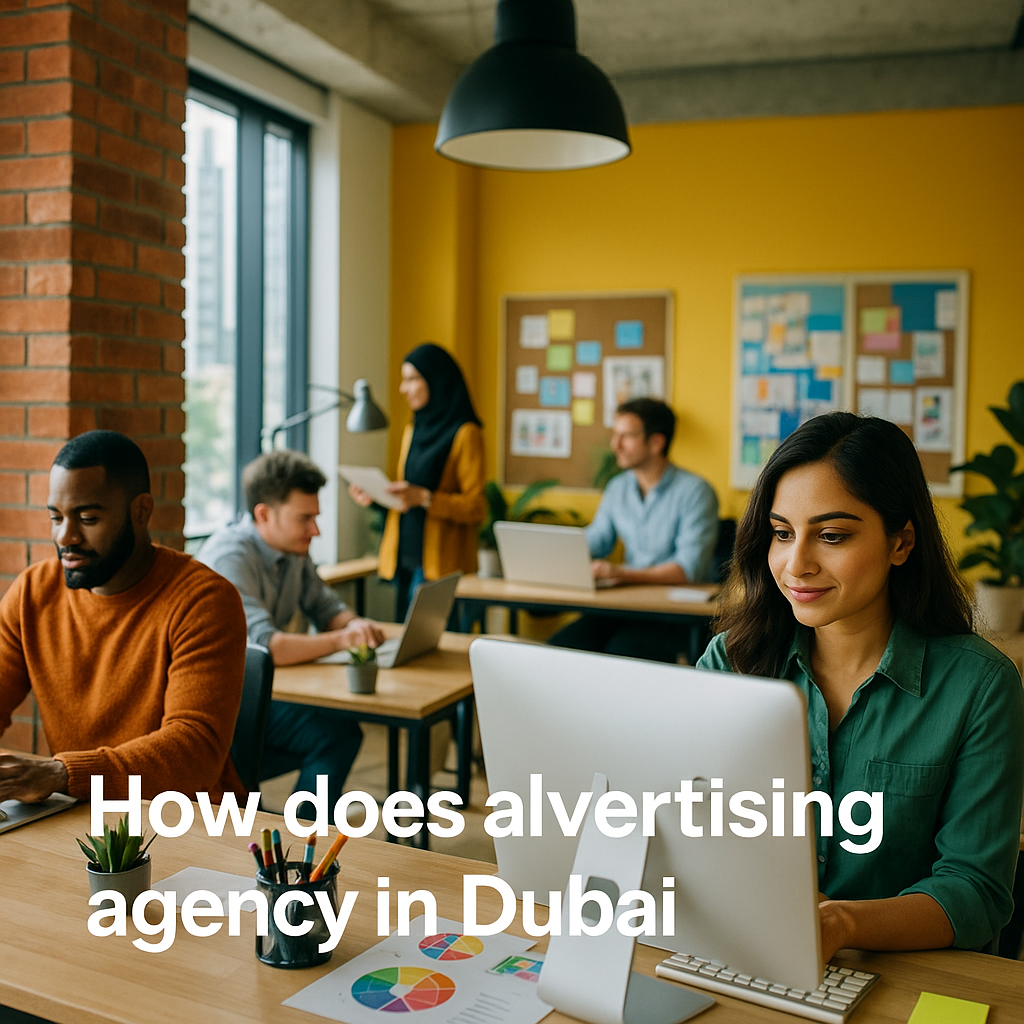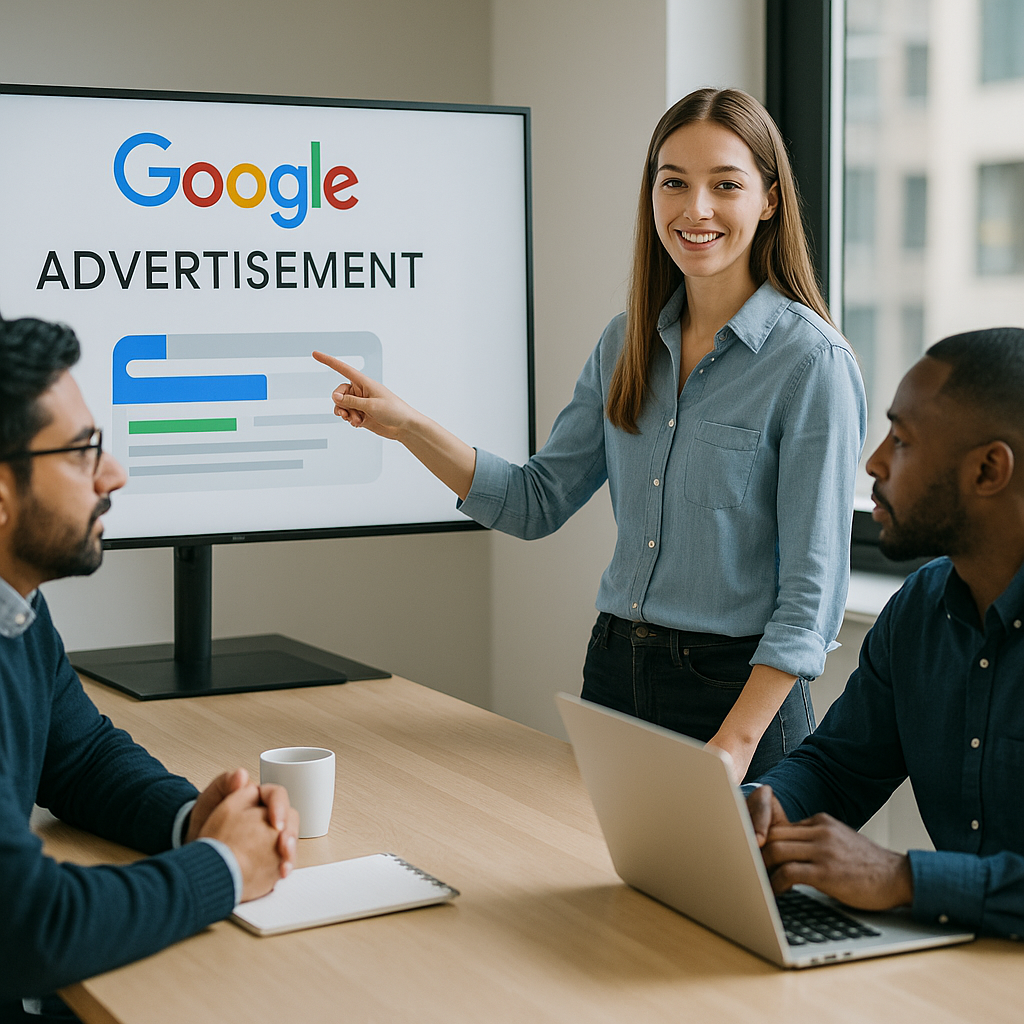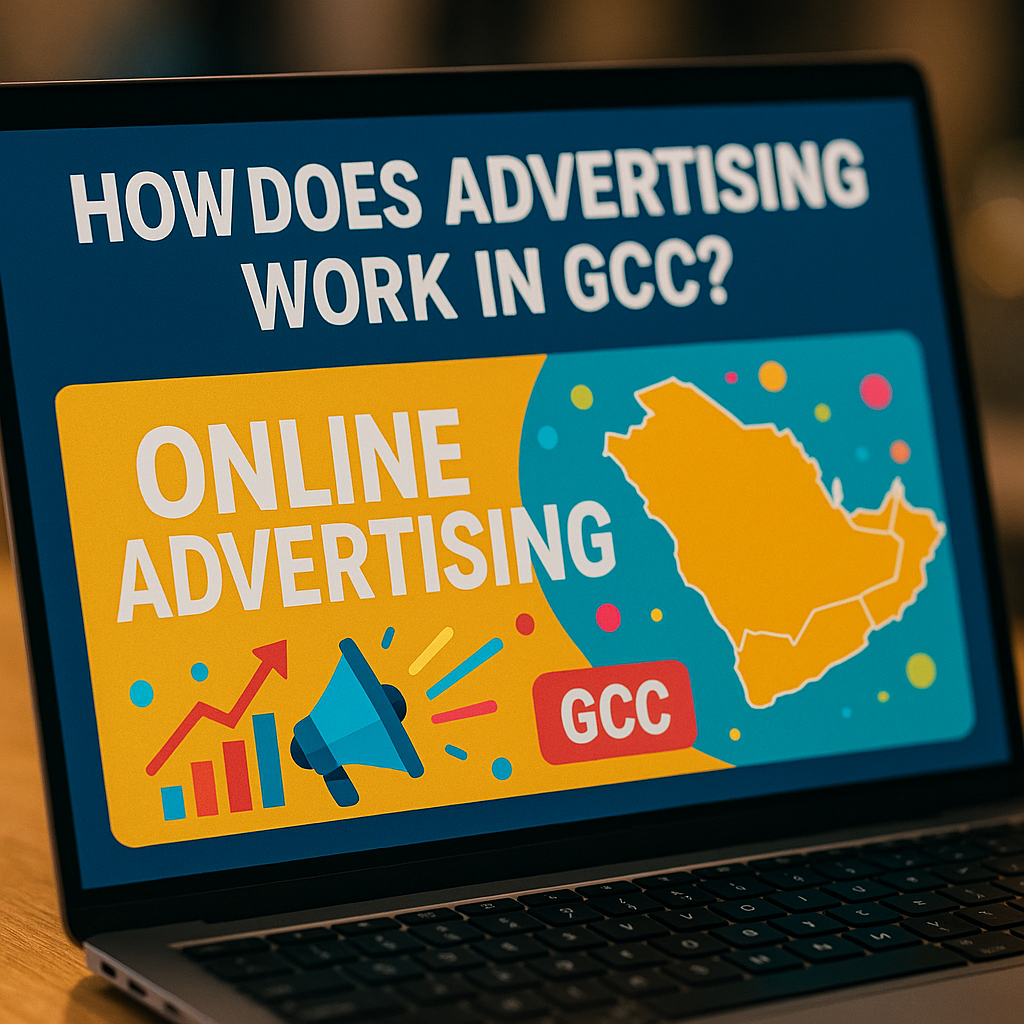How Does Advertising Work in Agencies?
In today’s fast-paced world, advertising is a vital key for businesses to stand out. Whether you’re a small local shop or a global corporation, understanding how advertising works in agencies can pave the way for greater visibility and growth. In this article, we will delve into the intricacies of advertising in agencies and how it plays a crucial role in driving digital marketing efforts.
What is an Advertising Agency?
An advertising agency is a company that provides specialized services to businesses to help them promote their products or services. These agencies typically employ skilled professionals, such as creative directors, copywriters, graphic designers, and media strategists, who collaborate to develop effective advertising campaigns.
The Role of Agencies in Digital Marketing
Advertising agencies are at the forefront of digital marketing strategy. They use various platforms, such as social media, search engines, and websites, to reach potential customers. Understanding how these platforms work is essential for creating effective campaigns. With the rise of digital advertising, agencies have adapted their methods to enhance brand visibility online.
1. Research and Understanding the Target Audience
The first step in any advertising campaign is to understand the target audience. Agencies conduct thorough research to identify demographics, interests, and behaviors of potential customers. This information helps shape the messaging and creative elements of the campaign, ensuring it resonates with the intended audience.
2. Creative Development
Once the target audience is identified, the agency’s creative team works on developing the campaign’s creative elements. This includes crafting catchy taglines, designing visual elements, and selecting the appropriate tone and voice for the brand. Effective creative development can make or break an ad campaign.
3. Strategy and Planning
With the creative elements in place, agencies create a strategic plan to launch the campaign. This plan outlines the chosen media channels, budget considerations, and timelines. Strategies may vary based on whether the campaign focuses on traditional platforms, like print media, or digital channels, such as Facebook or Google Ads.
4. Implementation and Execution
After thorough planning, the agency proceeds with the implementation of the campaign. This involves launching ads across the chosen platforms and monitoring their performance. Effective execution is critical to the success of the advertising efforts, ensuring that the message reaches the target audience in a timely manner.
5. Performance Tracking and Analysis
Agencies continually track the performance of their campaigns. They gather data on metrics such as clicks, impressions, shares, and conversions. Analyzing this data is crucial for assessing the effectiveness of advertisements. This feedback loop allows for ongoing adjustments to optimize performance and enhance campaign effectiveness.
The Importance of Content Marketing
In addition to traditional advertising, content marketing has become an essential aspect of many agencies’ strategies. Content marketing focuses on creating valuable, relevant content that attracts and engages an audience. Articles, blogs, videos, and social media posts are crucial for building brand awareness and loyalty.
As explained by the Content Marketing Institute, effective content marketing can drive traffic, generate leads, and enhance customer relationships. It complements traditional advertising by fostering a deeper connection with the audience.
Exploring Different Advertising Channels
Agencies often leverage multiple channels for advertising. Each channel offers unique benefits and reaches different segments of the audience. Here are some popular channels:
1. Social Media Advertising
Platforms like Facebook, Instagram, Twitter, and LinkedIn offer targeted ads to reach specific demographics. Advertisements on these platforms can be optimized for engagement and direct interaction with customers.
2. Search Engine Marketing
Search engines are crucial for online visibility. Agencies utilize pay-per-click (PPC) campaigns on platforms like Google to appear in search results when users look for specific keywords related to a business. This method can generate immediate traffic to a website.
3. Email Marketing
Email marketing remains a powerful tool for agencies. By sending targeted messages and promotions to subscribers, businesses can nurture leads and maintain relationships with customers. Personalized emails tend to perform better in terms of engagement.
4. Display Advertising
Display ads appear on websites and apps to promote products or services. These ads can be visually appealing and create brand awareness amongst potential customers. Agencies often create eye-catching graphics for this purpose.
Learning from Experts in Content Marketing
With the ever-evolving landscape of digital marketing, it’s essential for agencies to stay informed and refine their strategies. Some valuable resources include:
- How to Master Content Marketing in the Middle East
- The Influence of Content Marketing on Sales in the Middle East
- Understanding Content Marketing Strategies
Conclusion
Advertising in agencies is more than just placing ads. It involves a comprehensive approach that includes understanding the target audience, creative development, strategic planning, implementation, and performance analysis. By leveraging effective advertising strategies, agencies help businesses gain visibility and drive growth.
As digital marketing continues to evolve, staying updated on the latest trends is essential. By understanding how agencies operate and the importance of content marketing, businesses can position themselves better in the competitive market landscape.
Join us on this journey toward enhancing your advertising strategies, and witness the transformation in your business visibility and growth!













